Search
To search for an exact match, type the word or phrase you want in quotation marks.
A*DESK has been offering since 2002 contents about criticism and contemporary art. A*DESK has become consolidated thanks to all those who have believed in the project, all those who have followed us, debating, participating and collaborating. Many people have collaborated with A*DESK, and continue to do so. Their efforts, knowledge and belief in the project are what make it grow internationally. At A*DESK we have also generated work for over one hundred professionals in culture, from small collaborations with reviews and classes, to more prolonged and intense collaborations.
At A*DESK we believe in the need for free and universal access to culture and knowledge. We want to carry on being independent, remaining open to more ideas and opinions. If you believe in A*DESK, we need your backing to be able to continue. You can now participate in the project by supporting it. You can choose how much you want to contribute to the project.
You can decide how much you want to bring to the project.
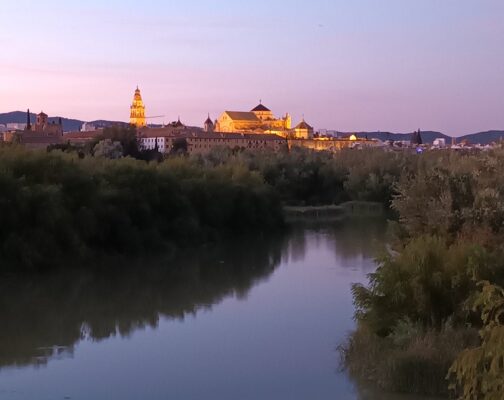
I had never lived in Córdoba before, but when I moved there recently I knew it was my home. It took Ulysses ten years to return to Ithaca and it took me almost thirteen years to decide that I had to return from the United States, that my mirage of a home built around useless studies and a stable but deeply alienating job, in a country where everyone owns weapons, condemned me to remain eternally anchored to nostalgia, suffering from the evil that many migrants experience when they fail to recover from that longing for their lost homeland. Looking at the weather map and seeing, for example, that in my North American town it was snowing while a spring sun was shining in the south of the Spanish peninsula, my stomach was torn apart in shreds of horror. Whenever I would say phrases in English, any little expression, I felt the Spanish language circulating beneath it, wanting to manifest itself, and this caused a mental short circuit with which I had to fight to earn my living, aware as I was that my literary language was fading from lack of use. Losing my name (Arabic, cursed, unpronounceable to English speakers) and having to listen to a substitute one was like prostrating myself every morning in front of a mirror broken into a thousand pieces. I knew my face was still somewhere amongst those splintered fragments but, like the corpse of Polyneices for Antigone, it had to be recomposed, otherwise the reflection would only present me with a disfigured identity.
For more than a decade, my relationship with nostalgia was articulated in an almost etymological way. Like the heroes of Troy immersed in their Nóstoi (returns), I felt pain (algia) being so far from my land. I was overwhelmed by the possible prospect of not setting foot on it again as a place of vital development, that is, forced to (un)inhabit it as a non-place on vacation, pure transitory joy lacking any roots. I was thrilled when, after a multitude of procedures and a pandemic, I was able to get enough courage and pack my suitcases. I will never compare two weather reports again, I swear that I will lock English in a safe and throw the key into a river, and that my name will always be mine, coined on the capitals of a palace in ruins: Medina Azahara. Anyone who has been involuntarily transplanted to an inappropriate location knows the circumstances to which I am referring. A plant, lacking its original nutrients and deprived of the climate in which it was born, surrounded by hostile creatures, feeling guilty for having become an invasive species, usually withers. Now, in my lovely Córdoba, whose historical beauty is exploited for the delight of tourists and the displacement of my neighbors, I breathe easy, the waters readjust to their native channel, the tesserae (glued like Japanese ceramics) return to me an imperfect but stitched-together image of my thirty-seven years. Half an adult life abroad, a mutilation, I tell myself, as I insist on winding the clock back and recovering, at least, part of the stolen treasure.
The Guadalquivir, the river I threw the key into, passes through Córdoba and flows into a stream that enters my hometown, Castro del Río. Both towns share the same greenish water and that the pomace from the oil mills next to which I spent childhood awakens my sense of smell and ties me to the soil. The homes in both are whitewashed, although here, in the capital, people usually paint the baseboards and finish the window and door frames with touches of ochre, mustard, or bull’s blood red. There is here perhaps a greater presence of hanging geraniums from the balconies. The orange blossom season begins in April, or at the end of March if the heat speeds up the flowering, and as the white petals of the orange tree wilt, jasmine, gardenias or dama de noche begin to sprout. For about six months a year it smells like my childhood of living ancestors, the land of my grandparents. I could truthfully say that my illness has been cured, little by little, thanks to a synesthetic memory that replaces the unlived experiential memory. What ties me to Córdoba is not a physical past wandering its alleys, but rather the visual, fragrant, sound echoes that the city interweaves with the town. The people here have a different accent than mine but one so familiar that I would like to hug them and invite them to drink a vermouth with me. The white lime and vegetation complement the rest of the landscape which, however, I sense is in danger.
Alert. A mallard duck flies over a plastic-infested forest. Alert. The baby swifts cannot withstand high temperatures and launch themselves fatally from their nests onto the asphalt. Alert. The centuries-old olive tree is being replaced by an impostor in the form of a “super intensive” bush so-called because it demands tons of water. What the echoes of the town do not give me (the disappearance of native species such as thrushes, or the desertification, or a summer capable of smashing thermometers and splashing mercury into my eyes) is impossible to fit into poorly adjusted mental maps of contemporaneity. Suddenly, confusing languages gather under the scar on my face, difficult to express through my sealed mouth or through any other orifice. My homeland, newly restored after so much absence, is similar, a friend told me, to a reunion with an old lover who suffers from a terminal illness. We might melt together in hugs and profess a love that distance took away, but the complete fusion with someone whose anatomy is terminal is prohibited. This evil game of juggling is defined as the transformation of nostalgia into solastalgia, the mourning for a home detached from the map that mutates into pain for a land that is disappearing beneath our feet, as the philosopher Bruno Latour states in his book Where to Land (2018).
It is not necessary, therefore, to make long journeys or go to war to suffer displacement, for each surface on which we walk contains its degree of decomposition. The Ulysses syndrome is so omnipresent that even those who have never left their land witness how it changes in terms of color and humidity, how it turns to sand or disappears after a flood, how it becomes emptied of the life once known and filled with something else: cracked earth where there used to be orchards, demolished farm machinery, insect silence. We are all migrants, there is no geography to which to return. This is, paradoxically, the impulse that comes from an armed robbery of a seed that can be grafted, conservative in nature, yes, but willing to reclaim the past based on its potential for the future. Solastalgia is energy used in the re-naturalization of barren areas created by progress, a melancholy for children’s cartographies devastated beneath their sadness, that is, climate justice. The small battles of grandfather and grandmother conceived as tools for a critical look at their temperate summers, the pesticides that they did not swallow, the river bed that they did not cross because it was flowing full, where not a stone or a key could be seen. I can’t help but think how heartbreaking it would be to lose my lover a second time, now that I’ve come back, now that I’m here to stay.
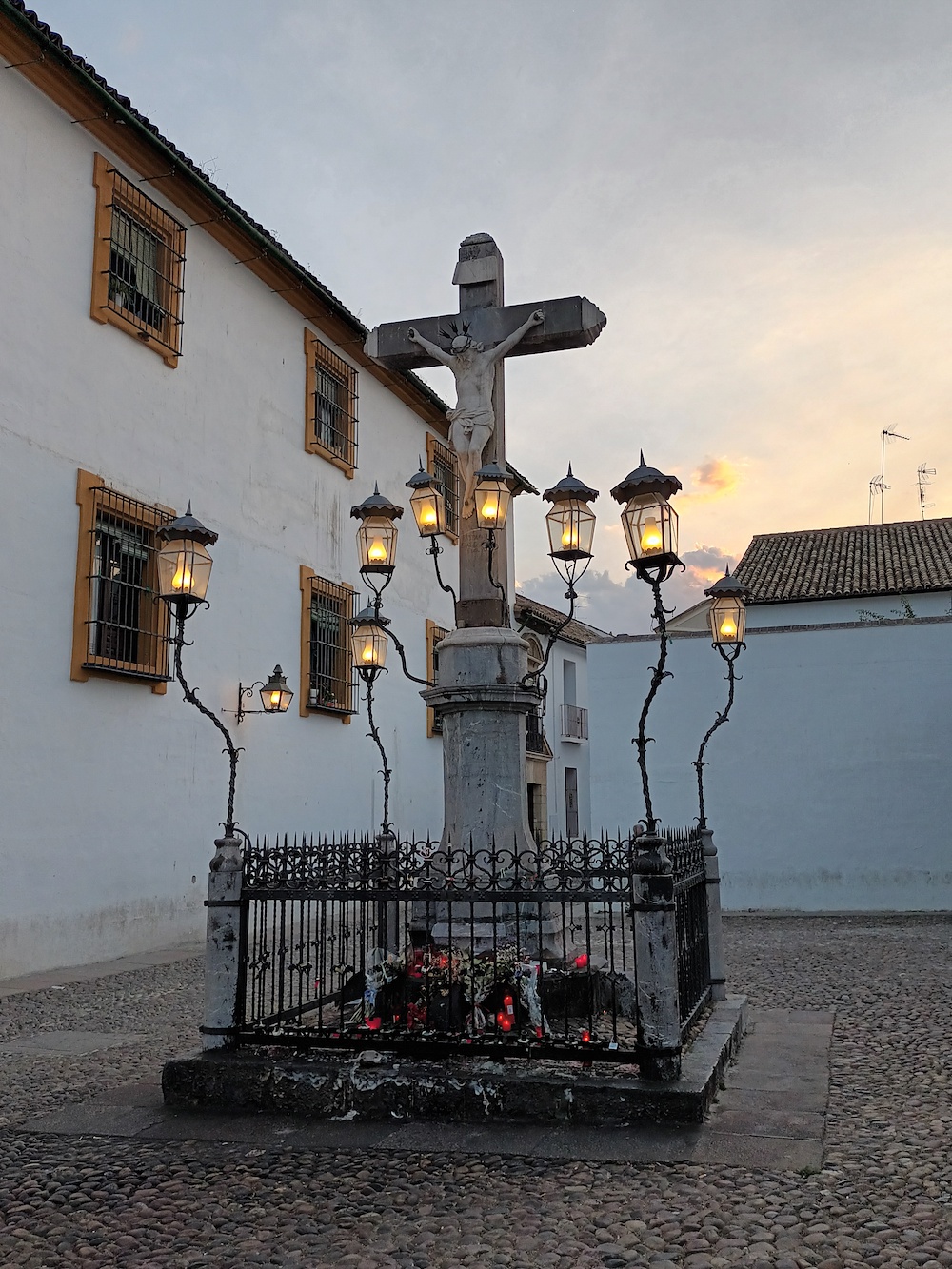
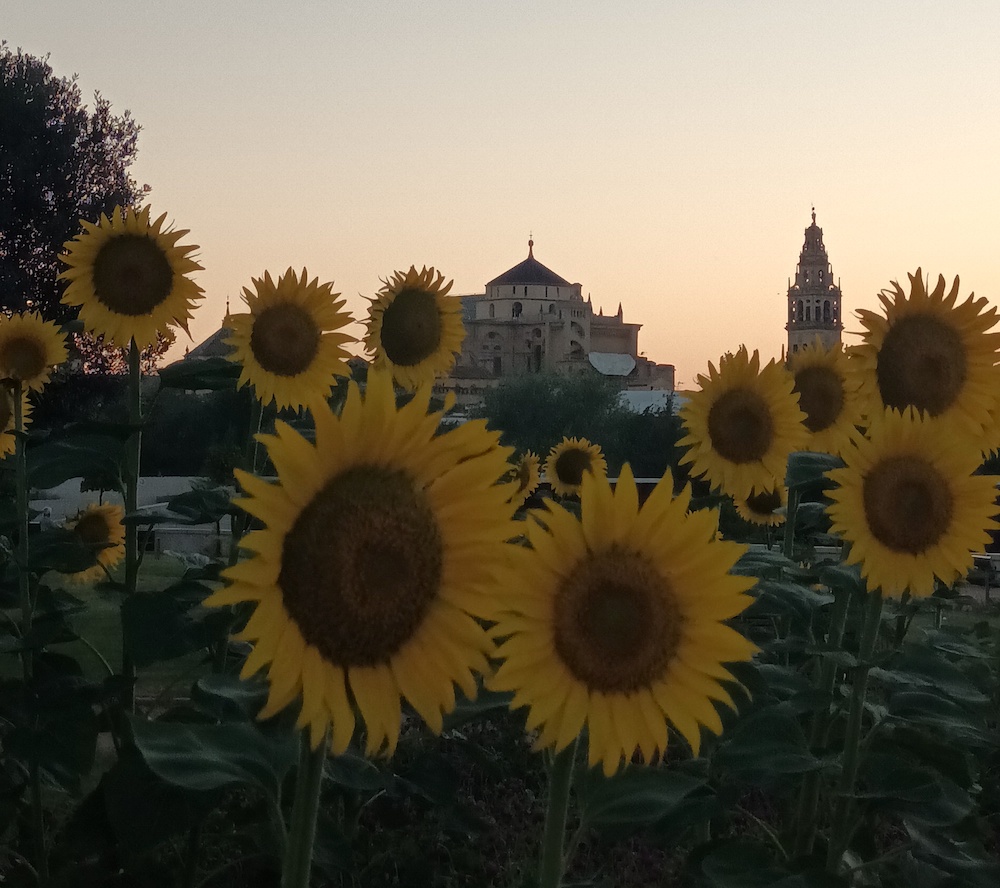
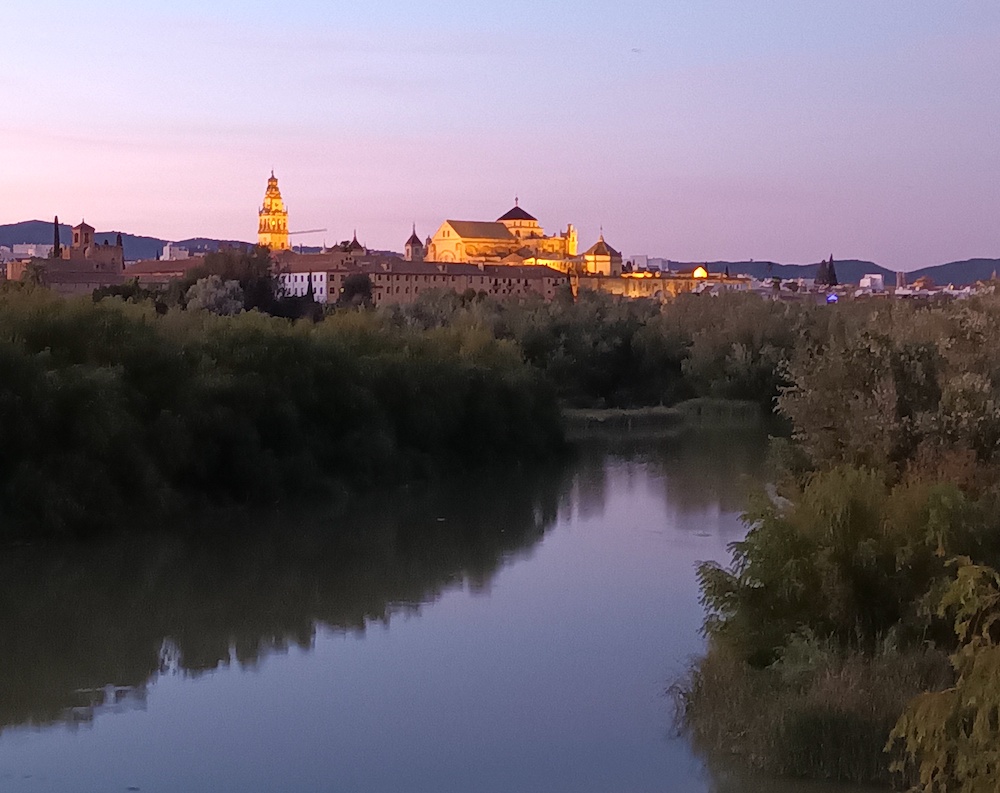
(Images of Córdoba, all by © Azahara Palomeque)
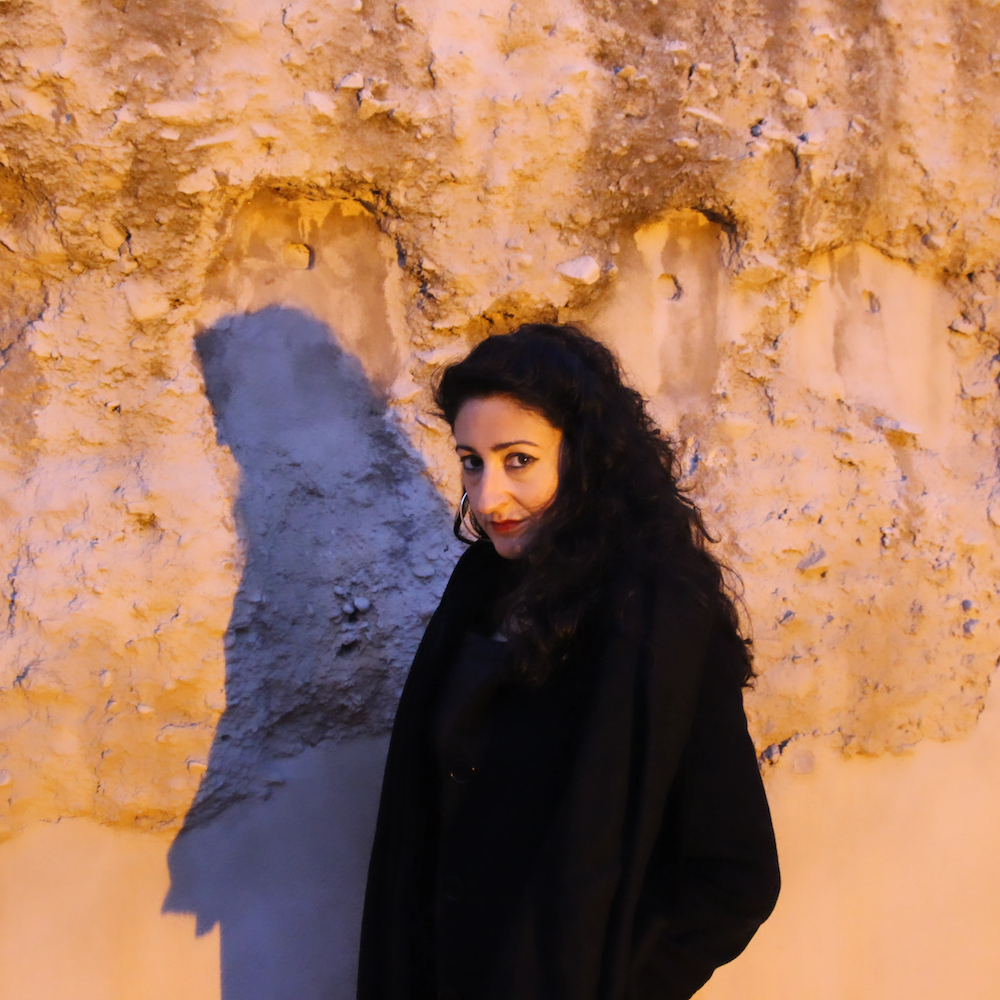
Azahara Palomeque (El Sur, 1986) only goes to bed at dawn. She writes in a garret she has decorated with her own paintings, verses by María Zambrano and a lot of useless junk, often accompanied by one or two lizards and/or other creatures of the night. Her irrevocable happiness consists in believing in affection. She is the author of four collections of poetry, some catastrophic chronicles, the Lorca novel ‘Huracán de negras palomas’ (La moderna, 2023) and the rebellious essay ‘Vivir peor que nuestros padres’ (Anagrama, 2023). She has given many conferences around the world, has been a migrant and a teacher, likes to dance reggaeton and eat salmorejo. She contributes to media such as La Marea and El País. She also holds a PhD in cultural studies from Princeton University. If you want to keep her happy, don’t force her to get up early and invite her for a beer.
"A desk is a dangerous place from which to watch the world" (John Le Carré)